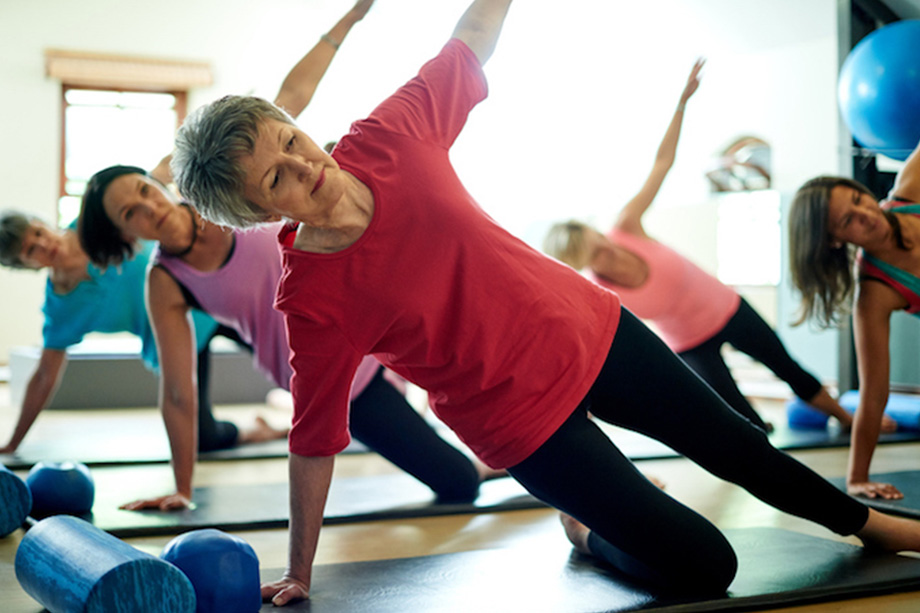CanHOPE is a non-profit cancer counselling and support service provided by Parkway Cancer Centre, Singapore.
Exercise in Cancer Recovery
Exercise
Why is exercise vital to my recovery?
- Less Fatigue
Combined aerobic and resistance exercise can significantly reduce cancer-related fatigue during and after cancer treatment. - Better Sleep
Even walking regularly as a form of aerobic exercise can improve the quality of sleep in breast cancer patients. - Booster
Regular exercise will improve your quality of life, even though you are going through a life-changing event. - Loss
Exercise will help you to lose weight and improve your body composition, especially if you are post-menopausal and on hormonal therapy. - Insulin Sensitivity
Exercise helps you to become more insulin-sensitive, thus reducing your risk of recurrent breast cancer, as well as diabetes. - Anti-Inflammation
Elevated inflammatory blood markers are associated with poorer cancer prognosis. Exercise can reduce inflammation in your body both in the short and long term.
TYPES OF EXERCISE
- What are the types of exercise I need to do?
- How often do I need to exercise?
LOW-INTENSITY AEROBIC
Aerobic exercise is a type of exercise that strengthens your heart and lungs.
It is also known as cardiorespiratory exercise, or cardio for short.
Examples: Brisk walking, jogging, swimming, tai chi
Frequency: 4-5/week
RESISTANCE TRAINING
Resistance training is a type of exercise that improves your muscular strength and endurance.
It improves your body composition through building muscle. It also protects against bone loss.
Examples: Exercise using body weight or free weights
Frequency: 2-3/week
STRETCHING
Stretching lengthens your muscles and helps you to improve and maintain flexibility.
This is important in allowing you to stay active for as long as possible.
Examples: Gentle yoga postures
Frequency: 1-2/week
WALKING
- Why is walking beneficial for me?
- How many steps should I walk daily?
Walk to stay active
Walking is the easiest way to increase your non-exercise physical activity throughout the day.
10K Steps
Studies have shown that the more steps you accumulate towards 10,000/day, the healthier your body weight will be.
Being physically active optimizes your health and recovery from breast cancer.
Helps you to maintain healthy body weight.
Due to hormonal changes affecting your metabolism, you need to walk more to lose and maintain weight.
Can reduce your risk of recurrent cancer
Physical activity is associated with educed risk of breast cancer and even its recurrence.
Reduces your risk of CVD
Breast cancer survivors are at significantly higher risk of cardiovascular disease (CVD) due to the profound impact of the disease and its treatment.
Source: Sports and Cardiology Centre






